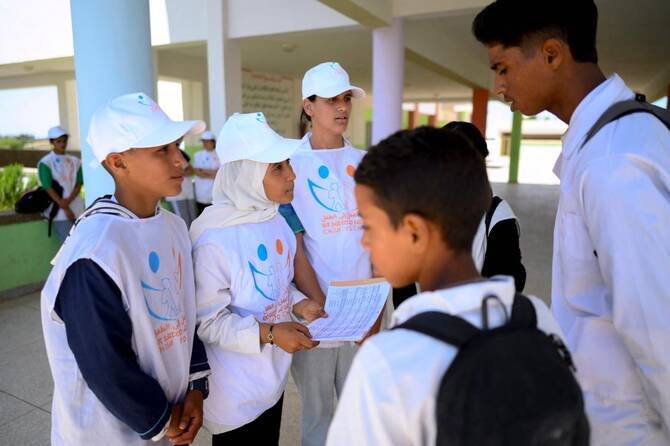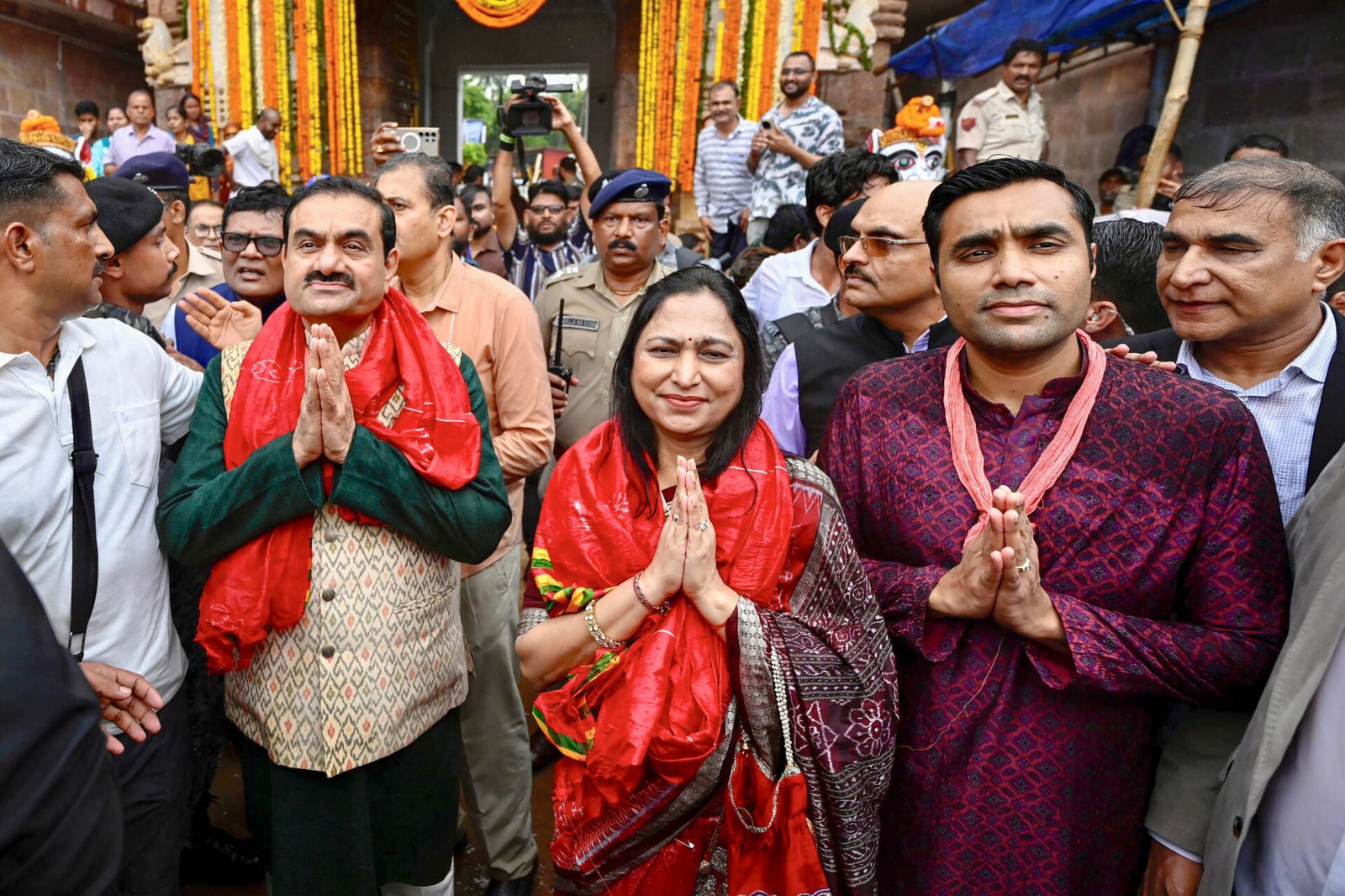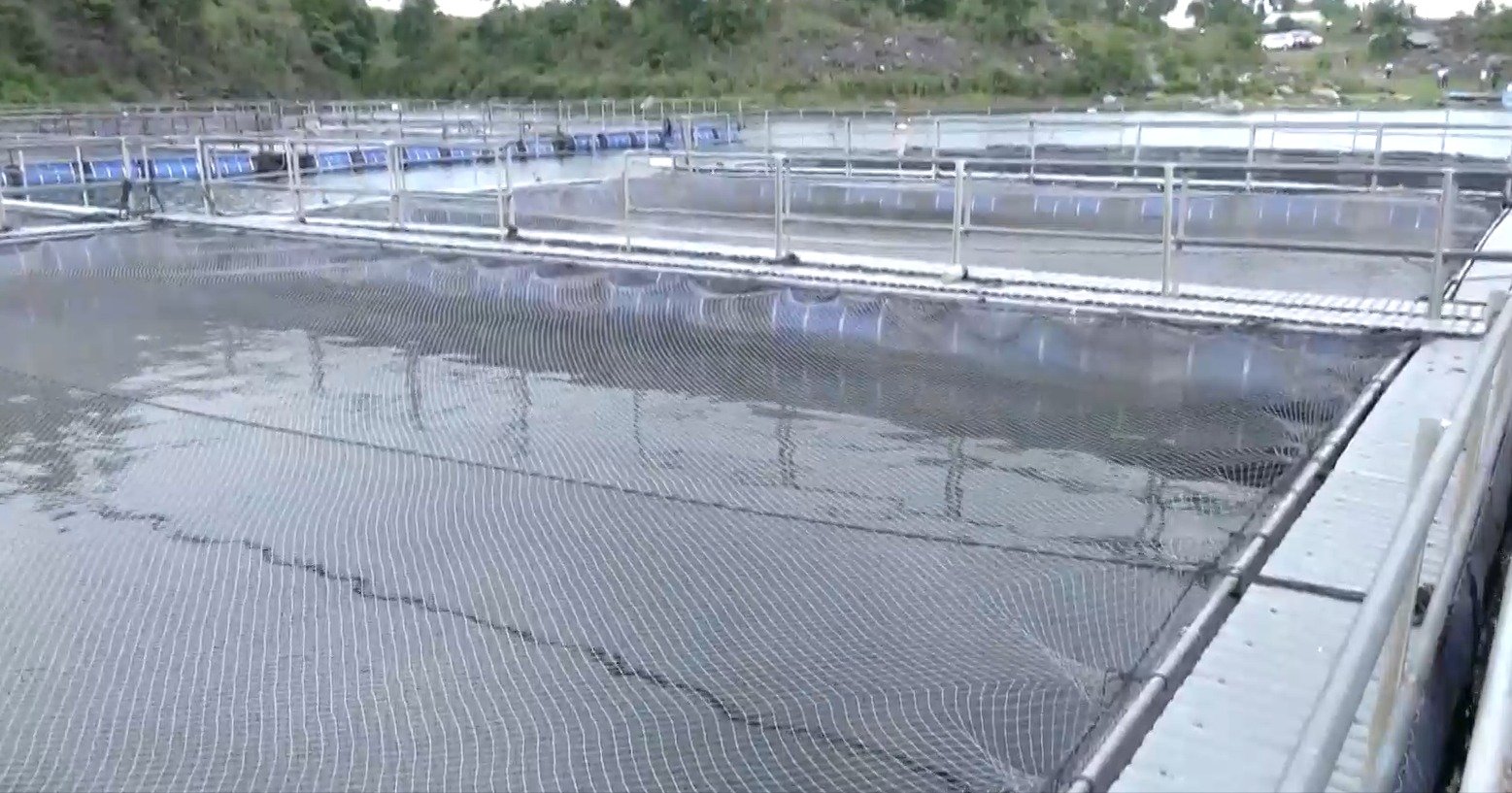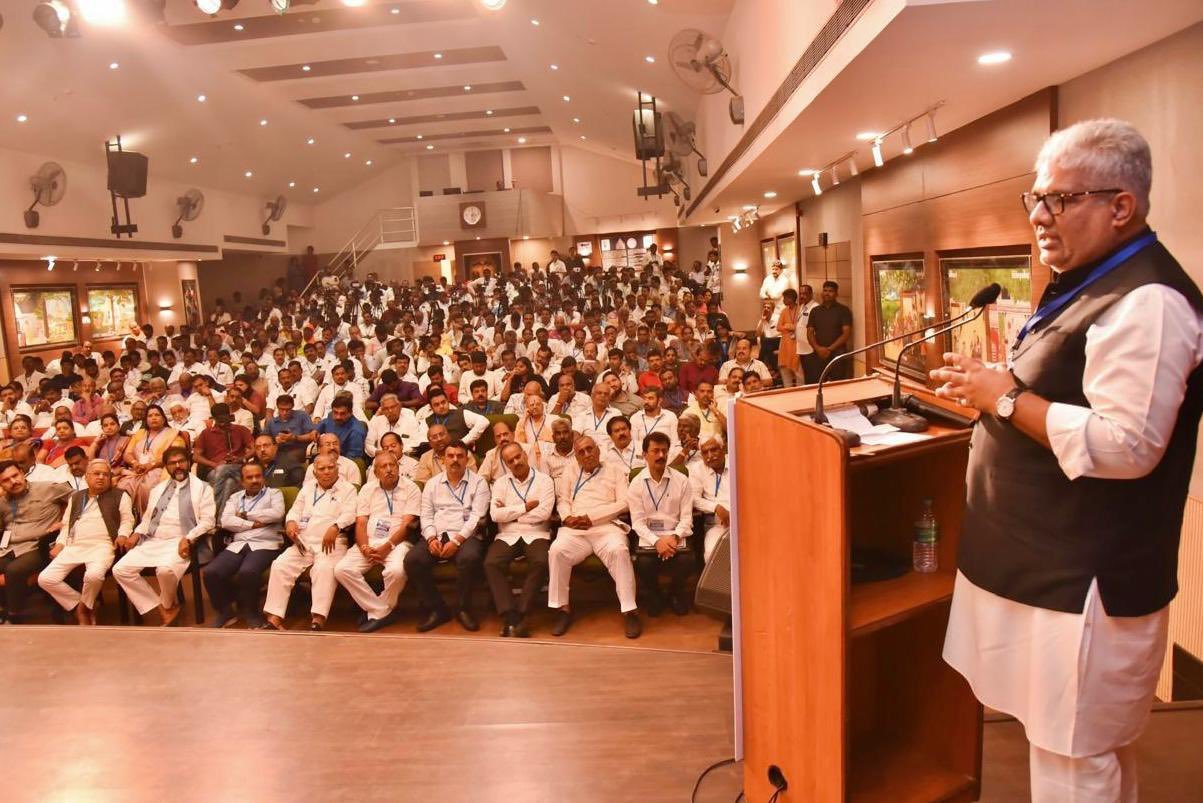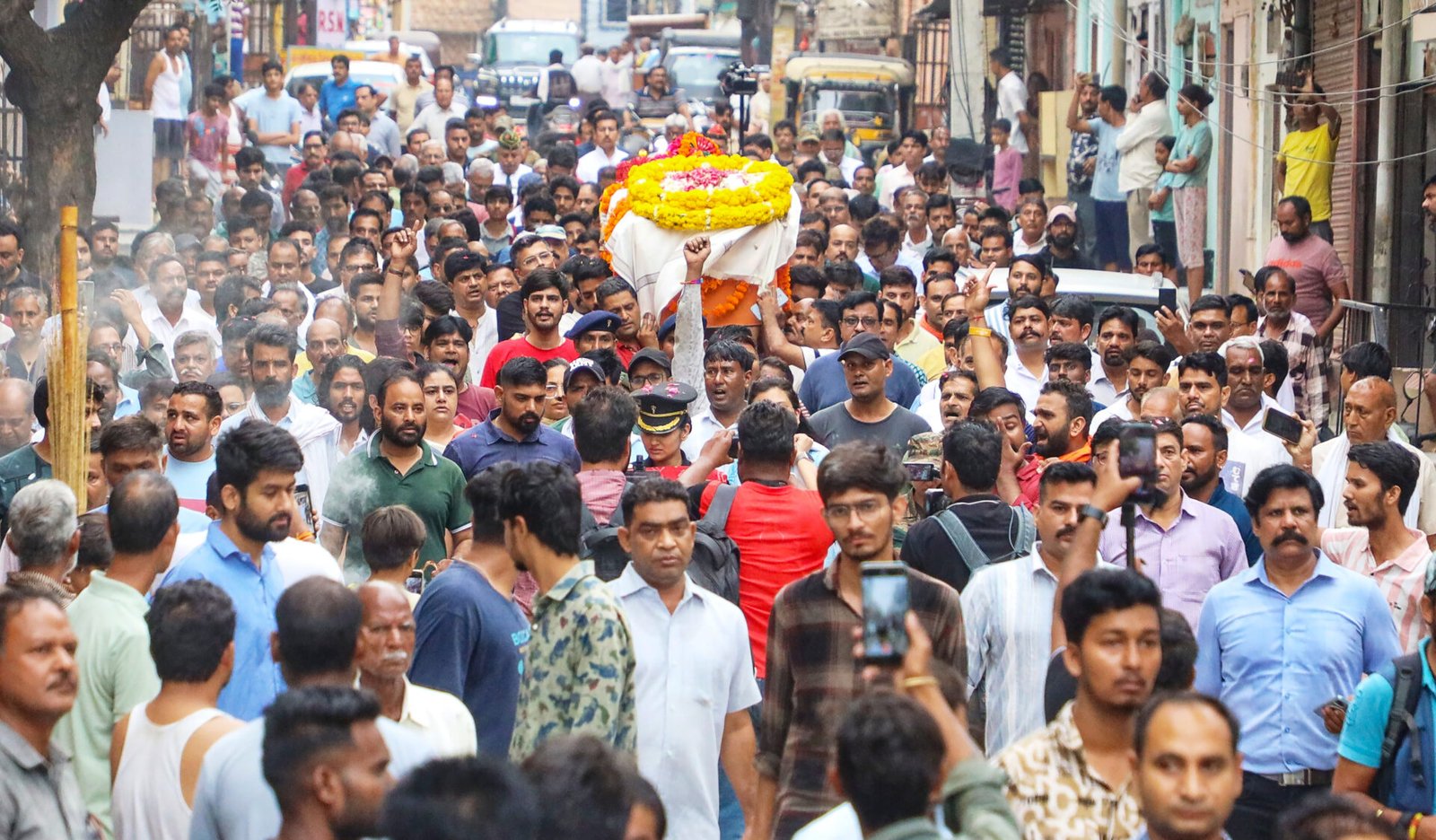The village of Yazali in Andhra Pradesh’s Guntur district is abuzz with activity every morning, as students flock to the Zilla Parishad High School.
Established in 1961, the school has seen a steady rise in its student intake over the past few years.
Locals say that several people from neighbouring villages also send their children here, due to the facilities available, and the quality of education.
Locally, in the mandal, the school is regarded as no different from a private school in any city.
However, a few decades ago, the school was said to have only 12 or 13 students appearing for the Class 10 board examination. Indiscipline and disinterest among the students and teachers, had resulted in children dropping out of school by Class 5 or Class 6. There were even certain batches during the 1970s and 1980s when all the students who appeared for the Class 10 exam, had failed.
Turning the tide
In 2010, the small village witnessed a series of incidents, that would change things forever.
“Around six to seven boys from the village died in successive accidents, and most of them were drunk-driving. They were also hardly out of school,” says Lakshmi Narasimha Ikkurthi, one of the main people who played a part in the development of the village, tells TNM.
At the time, Lakshmi, who had studied at the very same school, and was working as a software engineer in Hyderabad, was already thinking about ways to give back to his village.
This incident provided the much-needed impetus for Lakshmi, who quit his job and moved back to his village.
Together with locals and like-minded people who had migrated from the village, Lakshmi formed an NGO.
Today, ‘Yazali Na Janmabhoomi’, which translates to ‘Yazali – My Motherland’ says that it has worked with locals and transformed agriculture, education, health and infrastructure in the village, while also fighting for social issues like women’s empowerment.
As far education in the village is concerned, the school has achieved a pass rate of 100% more than once, and also has an established and well-equipped library and computer lab. It also has hygienic toilets.
It has produced several athletic students, including some that have gotten into state-level teams.
Giving back
Lakshmi says that he grew up in a massively large family that consisted of several generations of people, living under one household.
“Most of my childhood memories involved the lush, green fields of Yazali, and stories from my great grandmother. One of the most important things that she taught us, was that it was very important to give back to society,” says Lakshmi.
The NGO, which presently has around 50 dedicated volunteers, all of them with ties to Yazali, has also spread out to develop the village.
The group organises medical camps frequently, and has also constructed an RO water purifier plant in the village. A Primary Health Centre (PHC) is also in the pipeline.
In 2012, they spoke to SBI and established a bank branch in the village. They also help various local Self Help Groups (SHGs) with their functioning.
“We have also been providing food and healthcare support to many elders. If they don’t have anyone to look after them, we are also providing them with temporary accommodation in a community hall that we built, and also take care of their medical expenses,” Lakshmi says.
‘Yazali Na Janmabhoomi’, is entirely funded by donations and contributions, mostly from locals who have migrated to several cities, and even out of the country.
The NGO also aims to revolutionise agriculture.
“When we first started addressing the agricultural needs of the village, the farmers told us that it wasn’t as easy as the laptop ‘showed’ on the screen. So, we began to do our own research, and spoke to several experts, while also planting our own saplings, to encourage farmers that it was possible,” Lakshmi says.
“I started realising that farmers get exploited at every stage, from the seed manufacturing company, to the fertilisers, to the machinery that they are provided with, and even the rates that the market offers. We have analysed that farmers invest around Rs 5 crore to Rs 6 crore in agriculture, but hardly get the amount back. We want to change that, and ensure that the money comes back into the village,” he adds.
Lakshmi plans to introduce the farmers to the latest technologies available in the market, while also promoting practices like water-harvesting, for a better yield.
As far as the school is concerned, Lakshmi says that he has seen a massive change over the past seven years.
“There is a competitive spirit among students of the school. It doesn’t seem like a government school at all. They are thinking and competing on a global level,” he says.
“The school has been doing excellent academically, and also in sports. I never expected that things would turn our way so well, but we still have a long way to go. We want to make our Yazali a model village in Guntur district, and eventually Andhra,” he adds.
Enanble Notification: NoTNM Marquee: No


